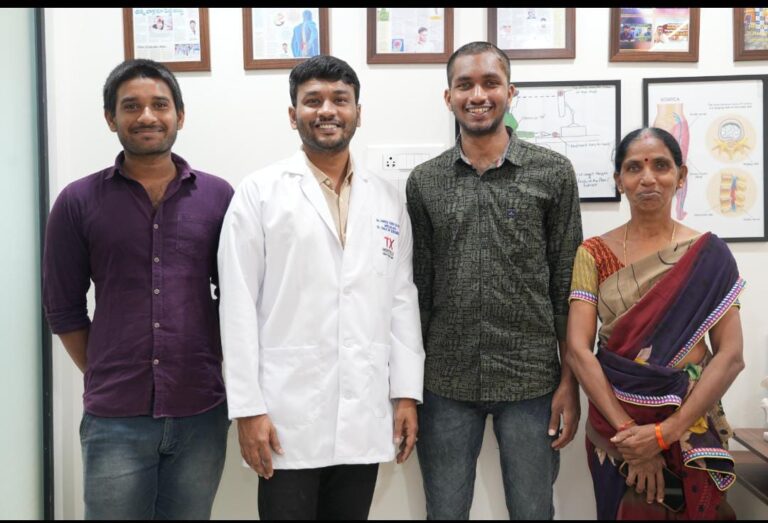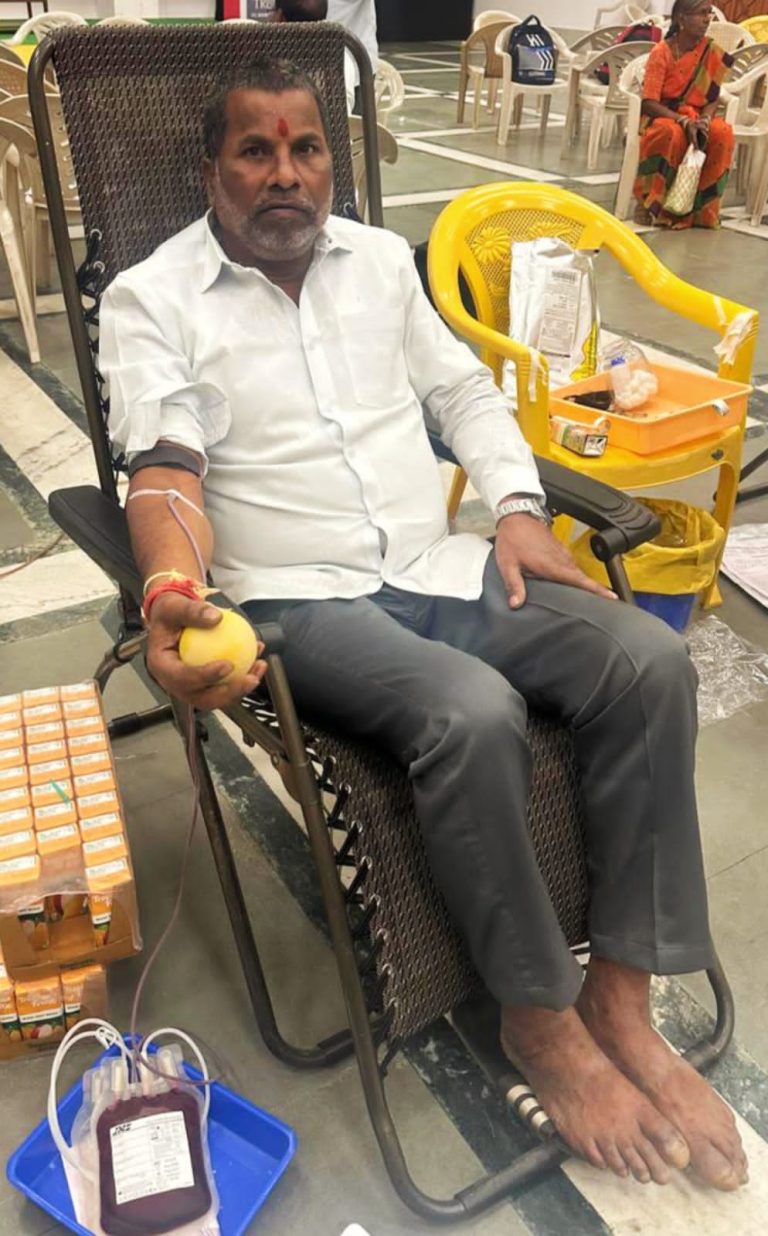
A healthy lifestyle can significantly improve your quality of life, allowing you to live a thriving long life. However, making healthy decisions isn’t always easy.
Finding the time and energy to exercise or cook healthy meals is frequently the most challenging part. Expert primary care physicians believe that when it comes to staying healthy, consistency is more important than doing multiple things at once. Taking a little extra time out of your day to practice the following techniques, on the other hand, will be well worth your time and will benefit you for the rest of your life. Indulging regularly in even one of these tips can help you live a fulfilling life.
Here are some tips and tricks for staying healthy that are recommended by primary care physicians. You can also reach out to your general physician or find one via the Access Health Care Physicians’ directory to get a personalized care plan.
1. Have a Balanced Diet
Having a well-balanced diet routine is vital for good health. This should include items from all dietary groups, including fruits and vegetables, whole grains, lean protein, and healthy fats. In order to maintain a healthy heart and adequate circulation, make sure your diet is minimal in saturated fat and cholesterol. Always strive for balance by limiting your intake of sugar, salt, and overall fat. This will allow you to feel better and have more energy. Your first priority should be to avoid any kind of processed meals and excessive sugar consumption, as they can contribute to various health problems such as obesity, heart disease, and diabetes.
2. Exercise Regularly
Get your muscles moving! Taking part in some form of activity that keeps you moving for 30 minutes a day, at least three days a week, can make a huge difference in your health. Regular exercise is essential for good health. It strengthens your muscles, bones, and heart while lowering your chance of chronic diseases. You do not have to indulge in any strenuous, high-intensity activity. Walking, cycling around your neighborhood, and dancing to your favorite tunes, among other simple activities are wonderful ways to keep your body active. You can also break this into three 10-minute sessions throughout the day. You’re good to go as long as you enjoy what you’re doing and it increases your heart rate.
3. Get Enough Sleep
People often underestimate the value of a good night’s sleep. Getting enough sleep is essential for overall wellness. Insufficient sleep leads to exhaustion, emotional fluctuations, and a compromised immune system. Try to set a consistent sleep pattern and aim for at least 7-8 hours each night to help reset your body’s internal clock. Once consistent, you will notice the difference in how you feel.
4. Prioritize your Mental Health
It’s difficult not to feel overwhelmed every now and then. You can become overly stressed and occupied juggling work, family, and other commitments. Stress can have a bad impact on your health, causing issues such as anxiety and depression. Stress management is vital to good health. Consider activities that reduce stress, such as yoga, meditation, or deep breathing techniques. Take regular breaks throughout your day to unwind and just be.
5. Avoid Tobacco and Alcohol
Tobacco use and heavy drinking can result in a number of health issues, including cancer, heart disease, and liver damage. Avoiding cigarettes and restricting alcohol consumption is critical for good health. If you are a regular smoker, try to quit or minimize the number of cigarettes you consume daily. In this case, your healthcare professional can help you by recommending programs and treatments. Many clinics also provide classes on smoking cessation and relapse prevention.
6. Practice Good Hygiene
While this might seem obvious, practicing good hygiene is essential for maintaining good health. Regularly wash your hands, especially before eating or after using the restroom. To prevent the spread of germs, avoid touching your face and cover your mouth and nose when coughing or sneezing.
7. Get Regular Checkups
Regular checkups are required for maintaining excellent health. Maintaining a pleasant and consistent connection with your primary care physician is important for your overall health. Going to your PCP on a frequent basis allows your doctor to spot any health concerns early and provide appropriate treatment because they are familiar with you. If there is anything that requires attention, your PCP can recommend specific medical tests to see what’s going on or connect you with the right specialist.
8. Vaccinations
Vaccines are essential for keeping infectious diseases at bay. Vaccinations have reinforced their value, especially now that the world is recovering from COVID-19. To protect yourself and those around you, keep your vaccines up to date, especially the flu shots. Do not underestimate their usefulness in maintaining good health.
9. Take care of your skin
When it comes to health, many people overlook skincare, although it is just as vital. Especially when it comes to applying sunscreen! If you’re going to be in the sun for an extended period of time, especially between 10 a.m. and 3 p.m., when the sun’s harmful rays are at their peak, do not forget your sunscreen. To help protect yourself from those damaging ultraviolet rays, always wear sunscreen with at least an SPF of 15. It not only safeguards your skin, but it also protects your body’s health from the potential danger caused by excessive sun exposure.







